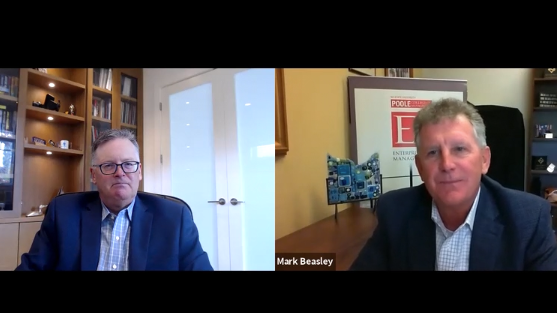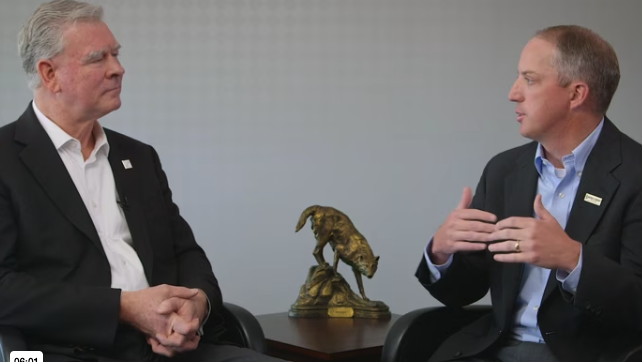ERM Initiative Staff
Managing Risks During COVID-19 Key Insights
Board Risk Oversight Associated with Lower Tax Burden
Getting Your Arms Around Risk Appetite
COSO’s ERM Framework
ISO’s Risk Management Framework

COSO’s Thought Paper on Risk Appetite
Capturing Supply Chain Risk Management Lessons Revealed by COVID-19
Enterprise Risk Management as an Advisory Function
Paying Attention to Forces of Change
